The contribution of women to leadership in Africa
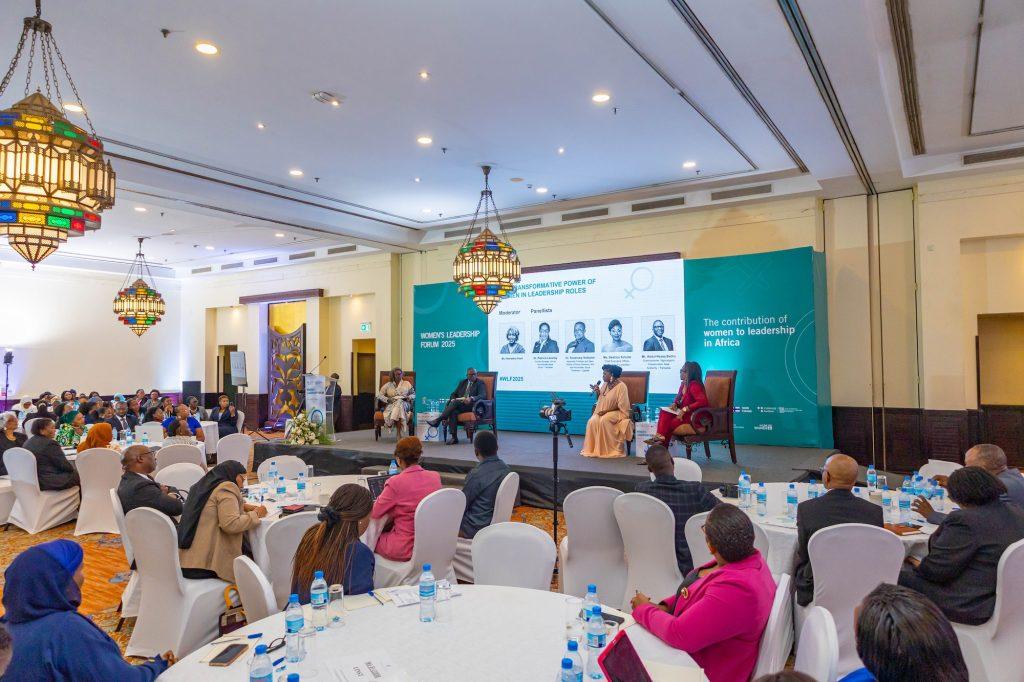
A growing body of literature and research highlights the unique contributions women bring to leadership spaces, including empathy, communication skills, teamwork and transformational leadership, conflict management skills, inspirational skills and mentorship. A UN Women study uncovers positive trends in how women leaders in the Global North and Global South approached COVID-19.[1] It indicates that women leaders were […]
Leveraging the power of UONGOZI alumni
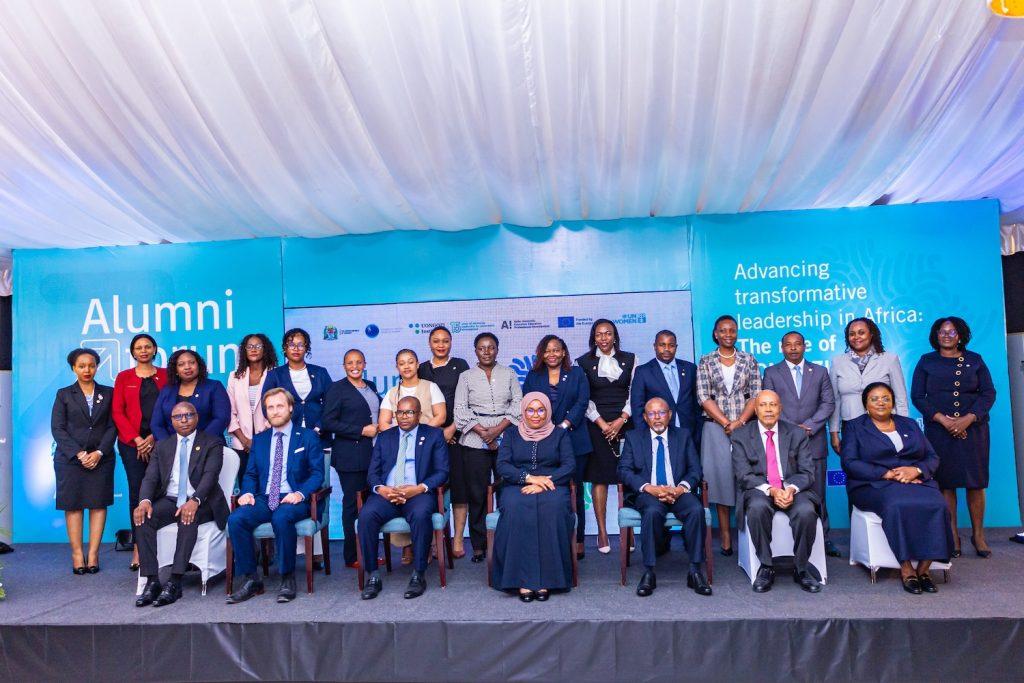
Alumni play an indispensable role in the advancement of their alma maters. They can act as word-of-mouth advocates to drive admissions, mentors to current students, contributors of the research work, guest speakers, and financial supporters. At UONGOZI Institute, alumni engagement is seen as an important aspect of shaping our present and future. In our context, […]
WLP applications for 2025/2026 are now closed
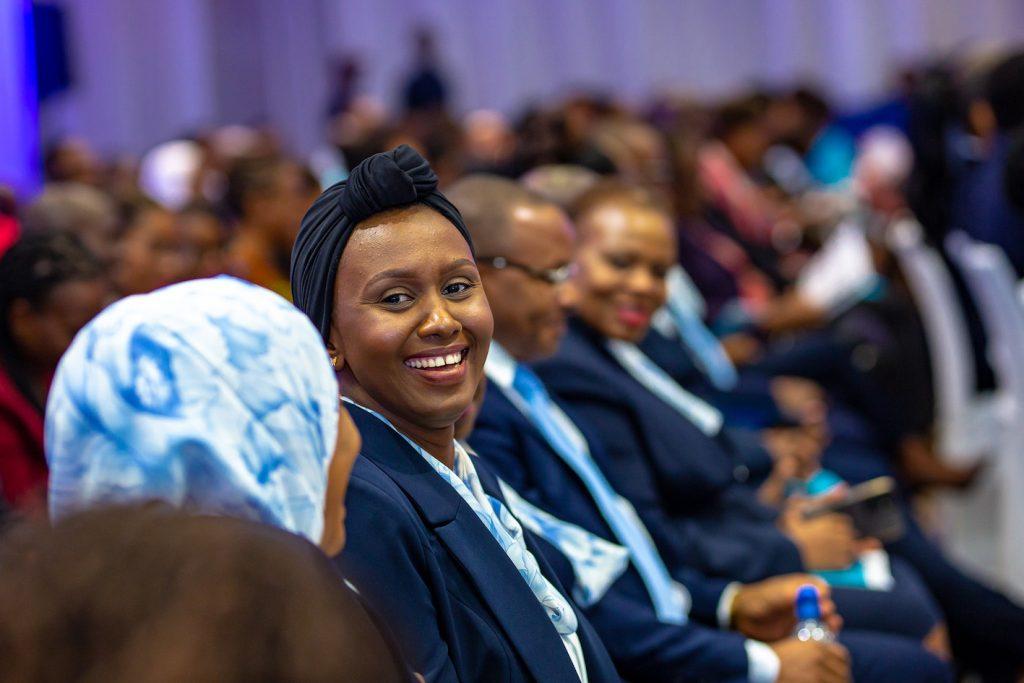
Applications for the 2025/2026 intake of our Women’s Leadership Programme (WLP) are now closed. We have received over 2,000 applications, representing 35 countries (see the word cloud below). A total of 100 canddidates will be selected and notified during the last week of August 2025. They will form the seventh and eighth cohorts of the programme. […]
15 years of advancing leadership for sustainable development in Africa
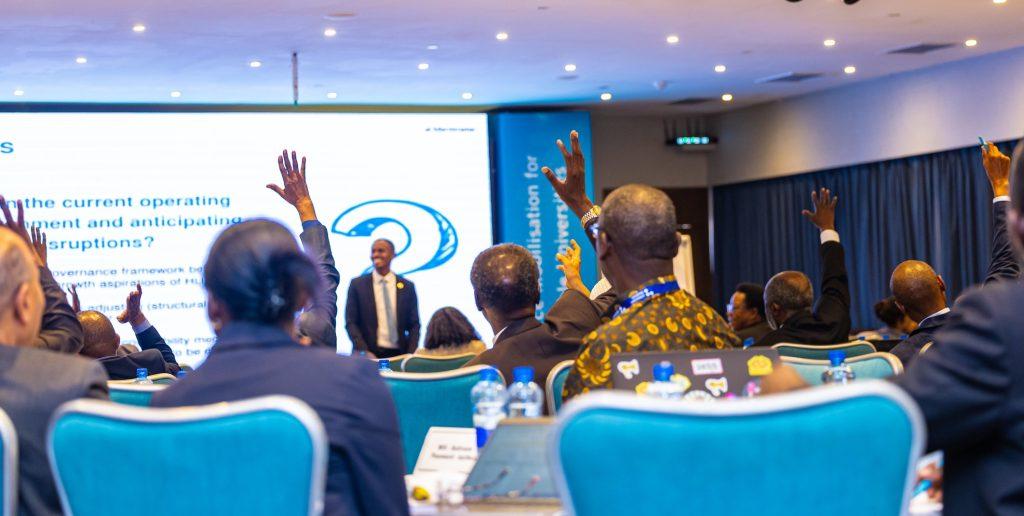
July 2025 marked 15 years since the establishment of UONGOZI Institute. The video below, highlighting our achievements and aspirations, kicks off the year-long anniversary celebration.
8th graduation ceremony and our pursuit to advance transformative leadership in Africa
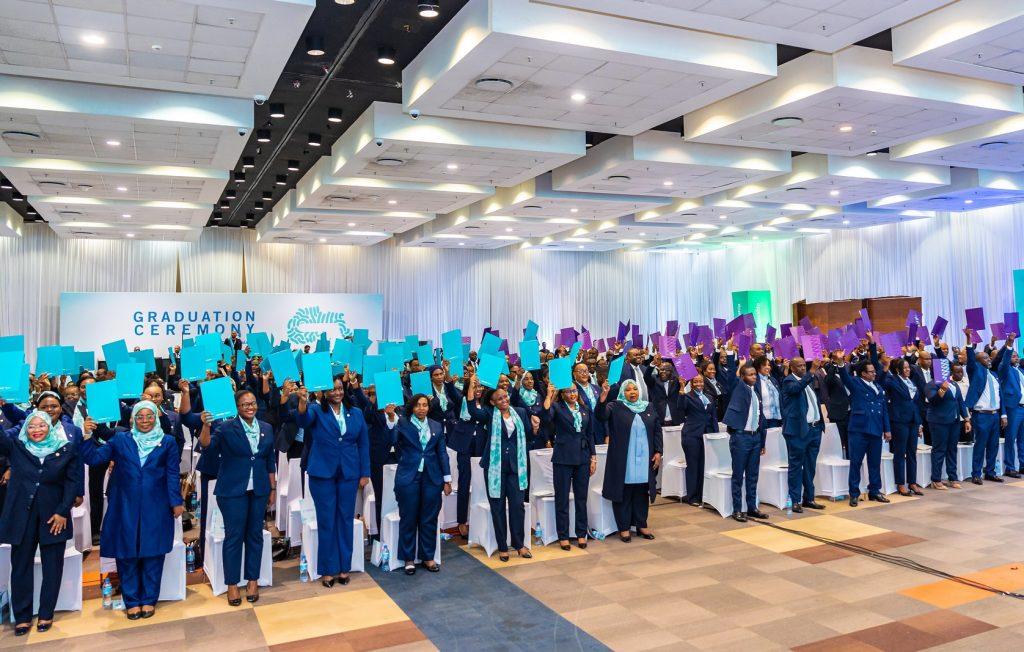
16 May 2025 marked our eighth graduation ceremony. The event, held at the Mlimani City Conference Hall in Dar es Salaam, celebrated the achievements of 200 leaders who completed our long-term executive education programmes: Postgraduate Diploma in Leadership (PGD), Certificate in Leadership (CiL), and Women’s Leadership Programme (WLP). Hon. George Boniface Simbachawene (MP), Minister of State, President’s Office––Public […]
For Africa to attain SDGs, it must undergo a deliberate process of transformation
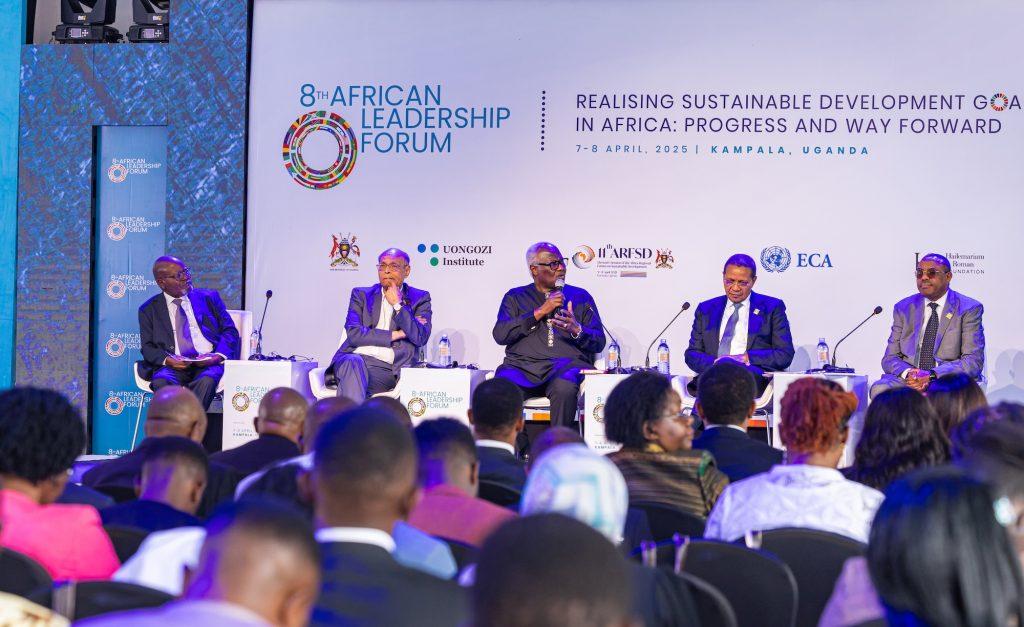
Adopted in 2015, the Sustainable Development Goals (SDGs) represent an ambitious set of targets for global development stretching across economic growth, social inclusion, and environmental protection. In Africa, the SDGs are closely aligned with the African Union’s Agenda 2063, together with other regional and national development agendas. The continent has moved forward on some fronts, […]
Announcing winners of Youth Leadership Competition 2025
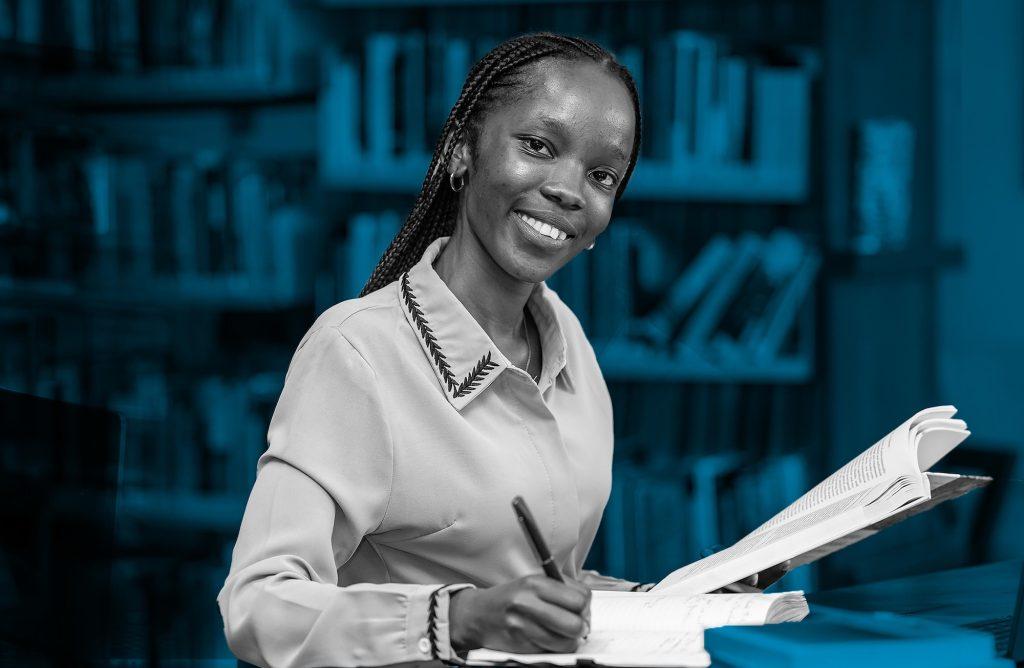
In January, we welcomed young Africans once more to engage in important discussions on leadership and sustainable development through our Youth Leadership Competition. Our target remained: African citizens (including the diaspora) between the ages of 18 and 25. We asked them to respond to the following question: If you were an African leader, how would you […]
“Greater awareness needed to unlock the full potential of carbon trading in Tanzania,” says Vice President Mpango
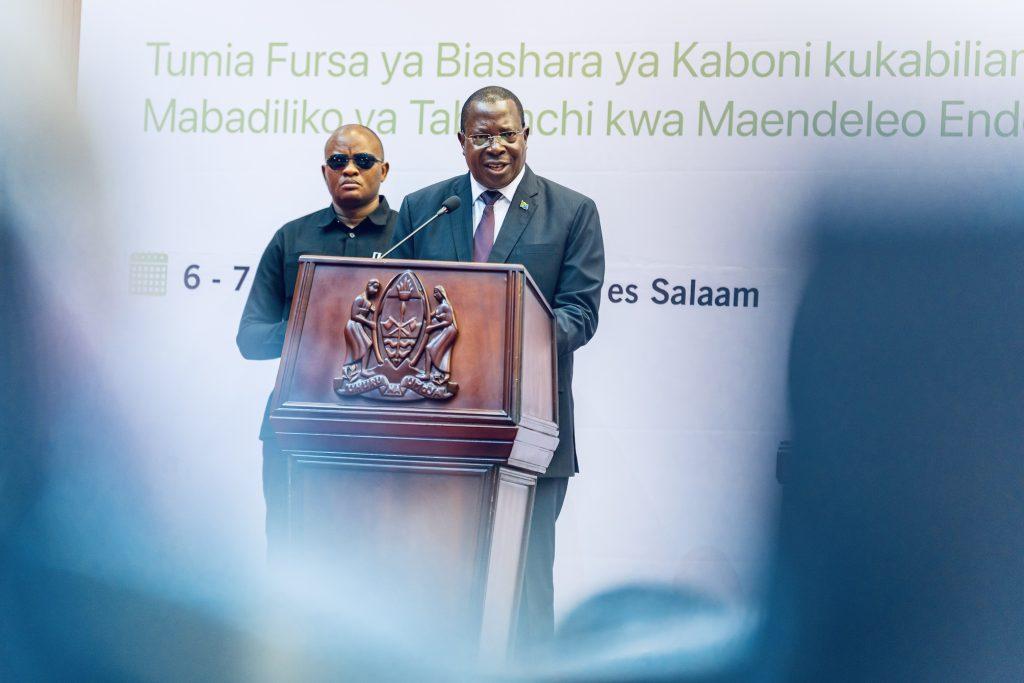
Across Africa, carbon markets are becoming a powerful tool to address climate change. In simple terms, a carbon market is a mechanism that allows to trade both carbon credits and carbon offsets simultaneously. Tanzania’s extensive forests, coastal and marine ecosystems, renewable energy potential, agriculture and transport sectors, and waste management present various opportunities for the development of […]
UONGOZI Institute graduates encouraged to be “life-long learners”
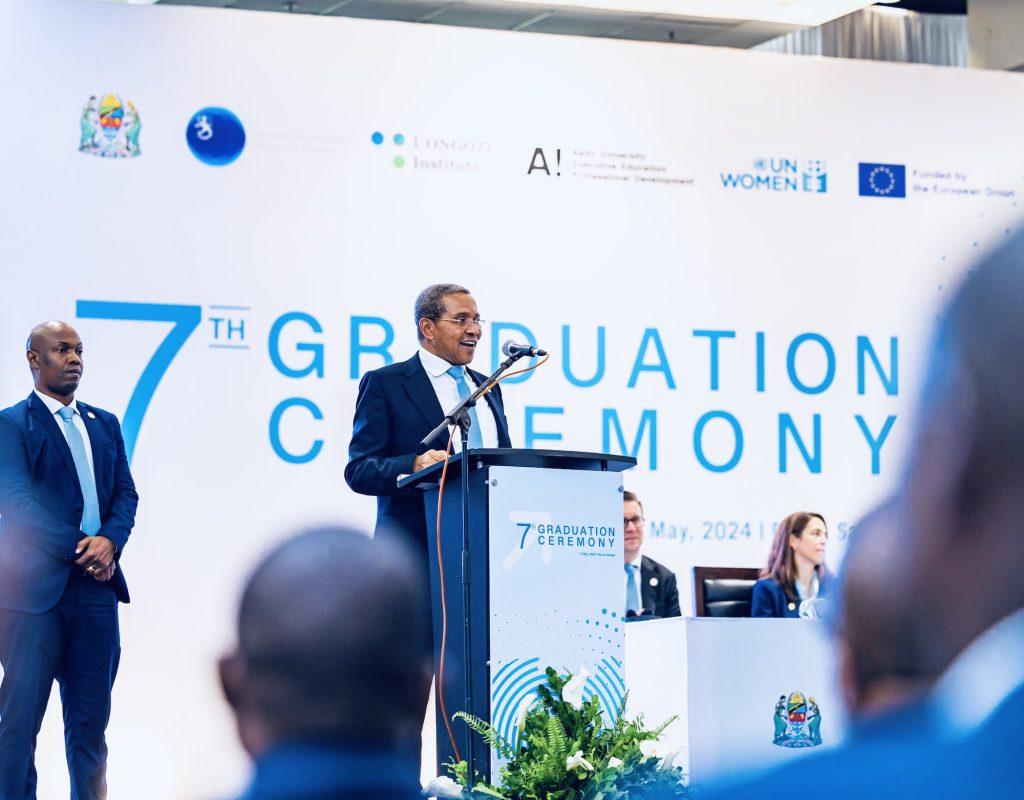
UONGOZI Institute celebrated its seventh graduation ceremony on Friday 17 May 2024, honouring the achievements of 198 leaders from its long-term executive education programmes: Postgraduate Diploma in Leadership (PGD), Certificate in Leadership (CiL), and Women’s Leadership Programme (WLP). The ceremony took place in Dar es Salaam with H.E. Dr. Jakaya Mrisho Kikwete, former President of […]
Vice President Mpango calls for greater commitment to sustain green parks in Tanzania
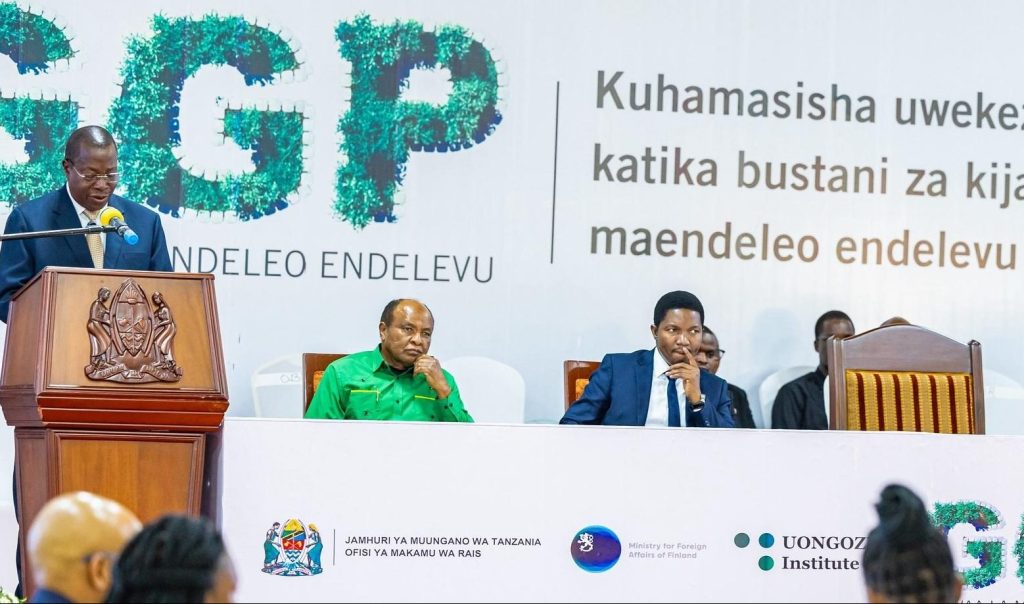
Tanzania is rapidly urbanising. The 2018 United Nations report on world urbanisation predicts that 49% of the country’s population will reside in cities by 2040. The pressures of urbanisation and increasing population often render urban green and blue infrastructure vulnerable. Globally, it has been shown that green spaces within cities, such as parks and other […]